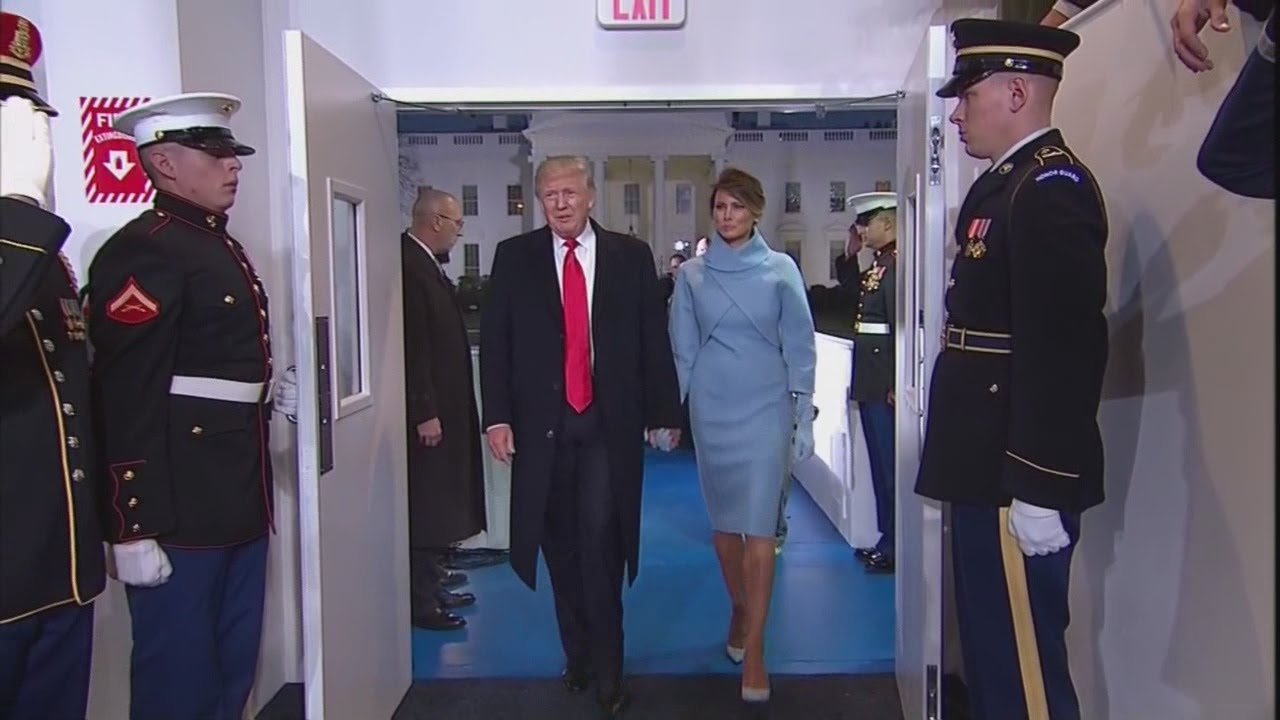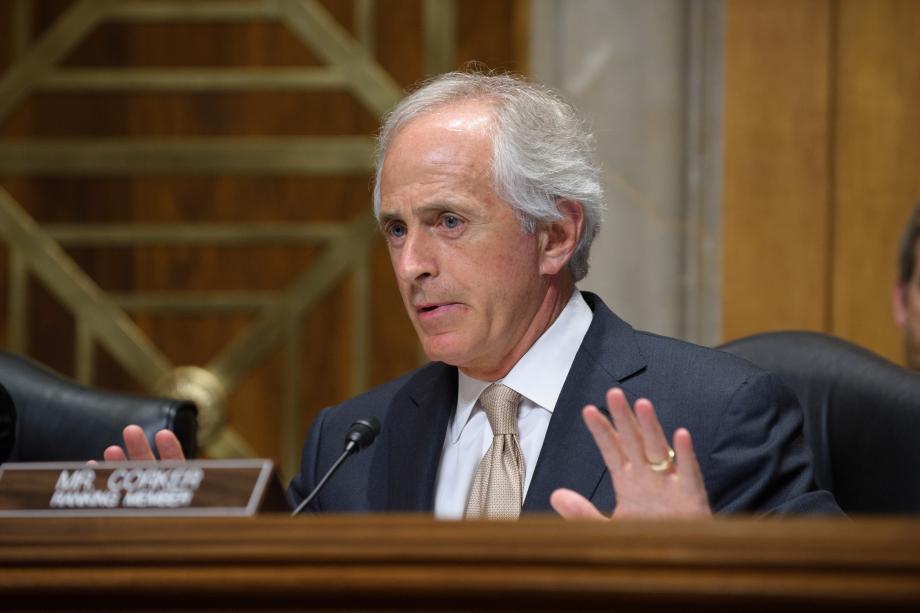The new study discovered that, in total, America’s most profitable corporations in 2016 had $2.6 trillion stashed overseas in over 9,000 subsidiaries in various locations, including notorious tax havens like Bermuda and the Cayman Islands.
Clark Gascoigne, deputy director of the Financial Accountability and Corporate Transparency (FACT) Coalition, cautioned in a statement on Tuesday that the Trump-GOP tax proposals would, if passed, make this bad situation even worse.
“As Congress considers proposals to institute a near zero percent tax rate on profits booked offshore by multinational corporations, the findings in this report should give policymakers pause,” Gascoigne said. “The study shows that today’s flawed tax system allows for gaming on a grand scale.”
The PIRG-ITEP analysis makes clear that corporate tax avoidance is both an unnecessary problem—”Congress created the loopholes in our tax code that allow offshore tax avoidance and force ordinary Americans to make up the difference”—and a pervasive one.
At least 366 of the 500 companies on Fortune’s list “operate one or more subsidiaries in tax haven countries.” Furthermore, “30 companies with the most money officially booked offshore for tax purposes collectively operate 2,213 tax haven subsidiaries.”
But the report also highlights the fact that there are several “particularly egregious examples”:
- Apple, which “holds at least $246 billion offshore, a sum greater than any other company’s offshore cash pile,” would owe $76.7 billion in U.S. taxes if this profit was not overseas;
- Citigroup, which stashes $47 billion overseas, would owe $13.1 billion in U.S taxes; and
- Nike, which holds $12.2 billion offshore, would owe $4.1 billion in U.S. taxes.
Richard Phillips, a senior policy analyst at ITEP, argued that in the face of these numbers, Congress should be looking to close loopholes that allow businesses to offshore profits on an enormous scale, not open them even further, as Trump and the GOP have proposed.
“Lawmakers shouldn’t be discussing how to sweeten the pot and give corporations a huge tax break that amounts to a huge financial reward for engaging in bad corporate behavior,” Phillips said.
The PIRG-ITEP analysis outlined several steps that could be undertaken by lawmakers in the place of their attempts to slash taxes, gut the safety net, and further incentivize offshoring.
“To end tax haven abuse, Congress should end incentives for companies to shift profits offshore, close the most egregious offshore loopholes, strengthen tax enforcement, and increase transparency,” the study concluded.





